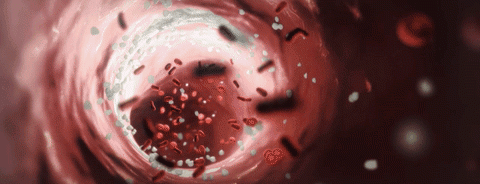
Adolescent depression nice guidelines
Understanding Adolescent Depression: Guidance Derived from the NICE Guidelines
In the beginning:
Adolescence is a period of substantial physical and emotional development and transformation. Nevertheless, this period also presents opportunities for individuals to confront mental health issues, with a notable prevalence of adolescent depression. This blog post aims to examine the Nice Guidelines and their significance in the context of comprehending and managing melancholy among adolescents.
Gaining Insight into Adolescent Depression:
Adolescent depression transcends mere sporadic mood swings and constitutes a significant mental health disorder that can profoundly impact an individual’s daily functioning, interpersonal connections, and general state of being. Early detection of the indicators is critical in order to deliver opportune assistance.
The Nice Principles:
The National Institute for Health and Care Excellence (NICE) in the United Kingdom assumes a critical function in furnishing healthcare professionals with evidence-based guidance. The guidelines provided by the organisation offer significant contributions to the understanding, control, and therapy of adolescent depression.
Identification and Assessment:
The significance of timely identification is underscored by NICE via regular assessments, which take into account variables such as familial background, major life occurrences, and the existence of concurrent mental health disorders. The detection of melancholy in adolescents can be difficult due to the presence of symptoms that resemble those of typical adolescence; therefore, a thorough evaluation is essential.
Collaborative Care:
The recommendations endorse a methodical approach that incorporates the participation of the adolescent, their family, and healthcare practitioners. By employing a team-oriented approach, a comprehensive comprehension of the unique circumstances of each individual is achieved, enabling the intervention to be customised accordingly.
Psychological interventions
Including interpersonal therapy (IPT) and cognitive-behavioral therapy (CBT), are emphasise by NICE for their demonstrated efficacy. These strategies facilitate the development of coping mechanisms, enhance emotional regulation, and foster resilience in adolescents.
Medication:
Although not the initial course of treatment, NICE offers guidance regarding the appropriate utilisation of antidepressants in particular circumstances. After careful consideration of the individual’s symptoms, severity, and response to alternative interventions, this decision is frequently reache.
Continuity of Care:
For sustained support, it is vital to ensure a seamless transition from infant to adult mental health services. NICE guidelines emphasise the criticality of preserving continuity in care as a preventive measure against interruptions in treatment and support.
In closing,
The management of adolescent depression is a multifaceted and intricate dilemma; however, healthcare professionals can rely on the NICE guidelines as a compass to ensure the delivery of evidence-based care. Through the promotion of timely detection, cooperative strategies, and a variety of interventions, these principles make a substantial contribution to the welfare of adolescents who are grappling with mental health challenges. The ongoing promotion of mental health consciousness and the adherence to the NICE guidelines serve as a steadfast reference in the endeavour to confront and surmount challenges faced by adolescents.


